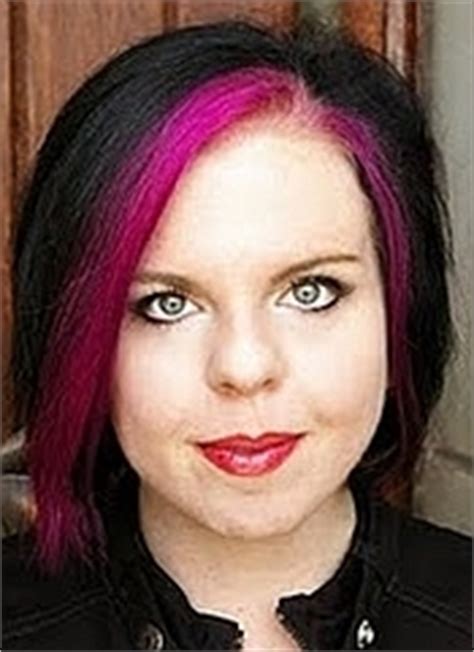A Quote by Marie Curie
I am among those who think that science has great beauty. A scientist in his laboratory is not only a technician: he is also a child placed before natural phenomena which impress him like a fairy tale. We should not allow it to be believed that all scientific progress can be reduced to mechanisms, machines, gearings, even though such machinery has its own beauty.
Quote Topics
Allow
Also
Am
Among
Beauty
Before
Believed
Child
Even
Fairy
Fairy Tale
Great
Him
His
Impress
Laboratory
Like
Machinery
Machines
Mechanisms
Natural
Natural Phenomena
Only
Own
Phenomena
Placed
Progress
Reduced
Science
Scientific
Scientific Progress
Scientist
Should
Tale
Technician
Think
Those
Though
Which
Related Quotes
Fairy tales are loved by the child not because the imagery he finds in them conforms to what goes on within him, but because--despite all the angry, anxious thoughts in his mind to which the fairy tale gives body and specific content--these stories always result in a happy outcome, which the child cannot imagine on his own.
The artist should paint not only what he sees before him, but also what he sees within him. If, however, he sees nothing within him, then he should also refrain from painting that which he sees before him. Otherwise, his pictures will be like those folding screens behind which one expects to find only the sick or the dead.
Well, it [evolution] is a theory, it is a scientific theory only, and it has in recent years been challenged in the world of science and is not yet believed in the scientific community to be as infallible as it once was believed. But if it was going to be taught in the schools, then I think that also the biblical theory of creation, which is not a theory but the biblical story of creation, should also be taught.
You have everything in you that Buddha has, that Christ has. You've got it all. But only when you start to acknowledge it is it going to get interesting. Your problem is you're afraid to acknowledge your own beauty. You're too busy holding on to your own unworthiness. You'd rather be a schnook sitting before some great man. That fits in more with who you think you are. Well, enough already. I sit before you and I look and I see your beauty, even if you don't.
The scientist does not study nature because it is useful to do so. He studies it because he takes pleasure in it, and he takes pleasure in it because it is beautiful. If nature were not beautiful it would not be worth knowing, and life would not be worth living. I am not speaking, of course, of the beauty which strikes the senses, of the beauty of qualities and appearances. I am far from despising this, but it has nothing to do with science. What I mean is that more intimate beauty which comes from the harmonious order of its parts, and which a pure intelligence can grasp.
The fairy tale, which to this day is the first tutor of children because it was once the first tutor of mankind, secretly lives on in the story. The first true storyteller is, and will continue to be, the teller of fairy tales. Whenever good counsel was at a premium, the fairy tale had it, and where the need was greatest, its aid was nearest. This need was created by myth. The fairy tale tells us of the earliest arrangements that mankind made to shake off the nightmare which myth had placed upon its chest.


































